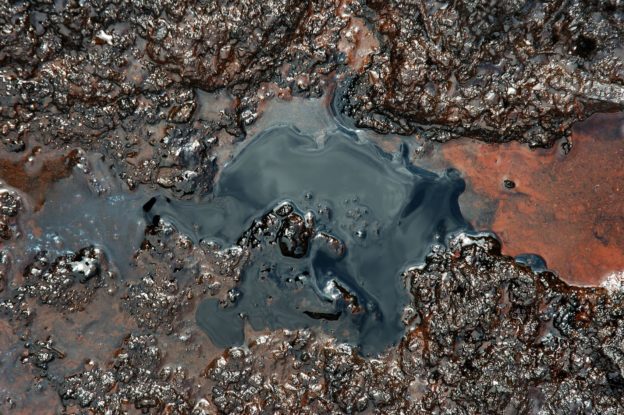Underground fuel tanks are prone to seep oil or leak, and the likelihood of that happening increases with the tank’s age. The impact of a leak, even a more minor leak, depends mainly on the type of soil the fuel is leaking into. The type of soil can affect everything from the water table to being able to use the soil after remediation. Here’s what you should know:
Oil Is Bad for All Soil Types
Oil, even oil that is naturally in the ground, has a disastrous effect on soil. The damage is difficult to measure. Fuel-contaminated soil can:
- Render the soil toxic to animals and many plants
- Leave soil infertile because it affects the soil’s ability to hold oxygen, water, and nutrients
- Contaminate water supplies
Clay Soil
Clay-based soil tends to be very dense. The density depends on the type of clay and if its purity. Generally, when a fuel leak happens in clay soil, the leak spreads slowly, and the fuel does not easily migrate through to other types of soil or the water table.
A sign of a leak in clay soil is that the soil will become discolored, often taking on a blue tinge. With severe leaks, the soil can look blue. Contaminated clay soil also has a very heavy fuel smell.
Sand/Silt
Sand or silt tends to be very porous, which means a fuel leak will spread quickly and migrate through the sand to the water table or ground below it quickly. Fuel migration in sand will also tend to spread wider than in clay.
Because oil travels quickly through sand, it tends to not become discolored or have a strong smell.
Mixed Soil
This can come in the form of loam or “tills”, which are fissures between layers of clay or rock. Both get saturated or allow for the migration of oil purely dependent on what types of soil are dominant in the mixture.
If you have an underground tank, the sooner you remove it, the more likely you will be able to control any leaks. Get in touch with Professional Tank & Environmental for a consultation on how best to control leaking fuel or to remove an underground oil tank.


